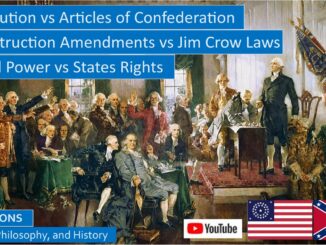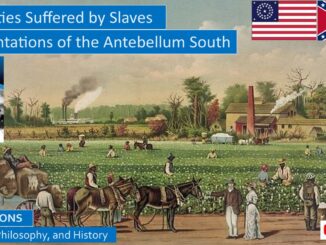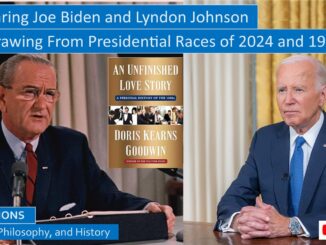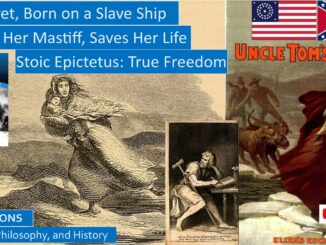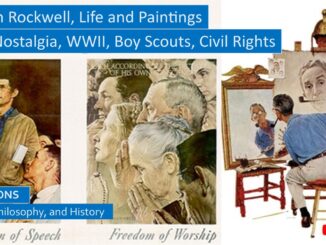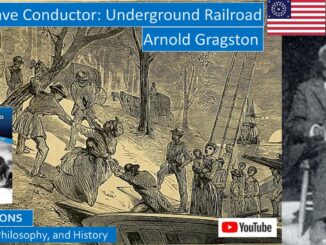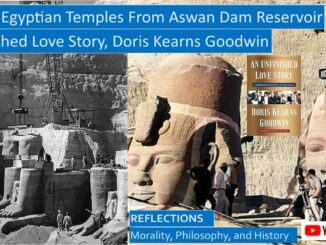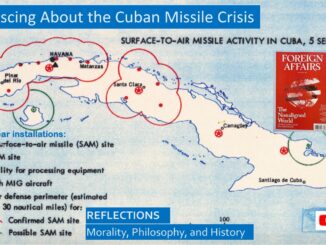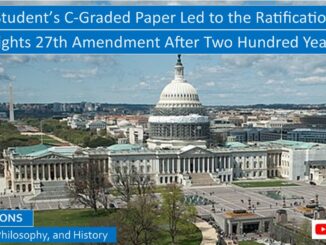
How a Student’s C-Graded Paper Led to the Ratification of the Bill of Rights 27th Amendment After Two Hundred Years
This original Bill of Rights amendment was mostly forgotten until nineteen-year-old Gregory Watson submitted a paper in a government class at the University of Texas suggesting that this amendment could still be successfully ratified. Although subsequent amendments usually included a deadline for ratification, the original Bill of Rights amendments had no deadline. The teacher’s assistant grading his paper ridiculed his research, saying that ratification would be totally implausible, giving the paper a C grade. He appealed the grade to the course instructor, Sharon Waite, who sided with the hapless teacher’s assistant. […]

